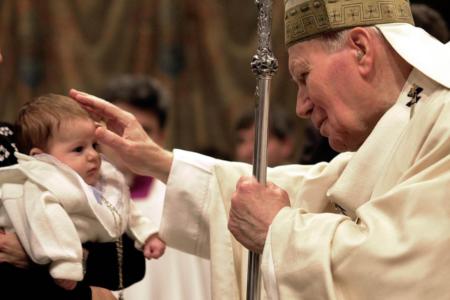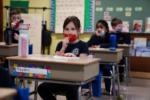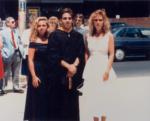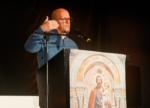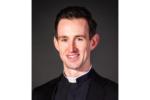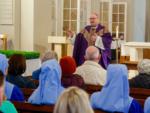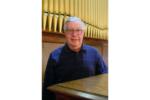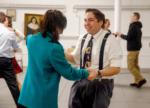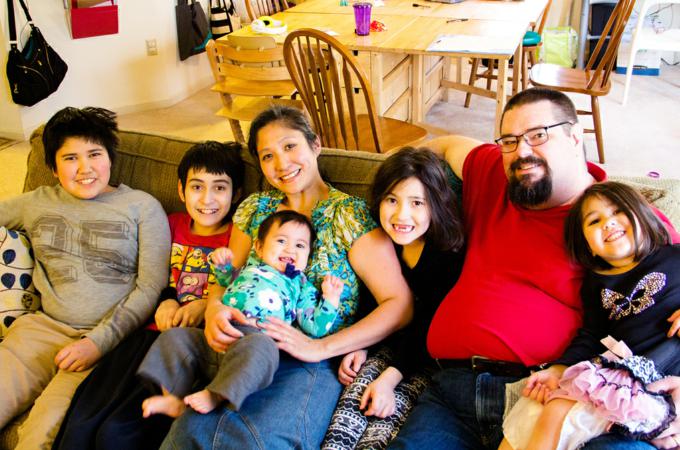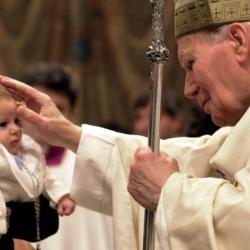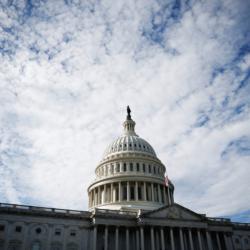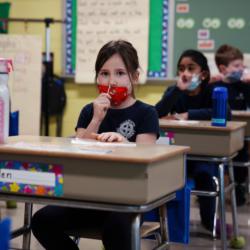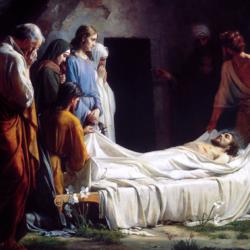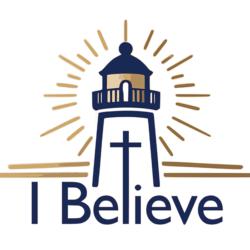Advocacy brings couple to Autism Study Committee
NEWTON -- Zina Gomez-Liss, with an 8 month old baby strapped to her back, worked to prepare dinner as her husband, Jeff Liss, tended to their 3-year-old child upstairs. Their three other children, ages ranging from 7 to 13, played in the living room.
As Jeff and his daughter Emma came downstairs, Zina put dinner on hold to speak with The Pilot, April 11, at their home in Newton Upper Falls.
Jeff and Zina are part of the Archdiocese of Boston's Autism Study Committee, as their two oldest children -- Ben, 13, and Owen, 10, both have pervasive developmental disorder (PDD).
Ben has Asperger's, essentially a low form of PDD, while Owen has Pervasive Developmental Disorder-Not Otherwise Specified (PDD-NOS), "a diagnosis applied to children or adults who are on the autism spectrum but do not fully meet the criteria for another ASD such as autistic disorder," according to the website Autism Speaks.
"People say autism is a spectrum, well yeah, we've got it right here," said Jeff.
For Owen, the symptoms are more severe, and the disorder was apparent at a young age, allowing him to receive early intervention.
For example, when Owen was three, "he memorized the periodic table of the elements," Jeff said.
He has this "ability to hold massive amounts of information in his head and spit them out," he continued.
Ben, on the other hand, with much less severe symptoms, was not officially diagnosed until he was nine.
"We were so invested in what we thought autism was, that we didn't recognize that no, it's broader, and we've got two who have this and need the same level of advocacy," said Jeff.
Being advocates for their children, as well as for other families impacted by autism, is what brought Zina and Jeff to the Autism Study Committee, a committee under the Office of Outreach and Cultural Diversity designed to help the office provide better outreach to the community and to draw awareness to autism.
Throughout the years, the family has faced difficulties in bringing their children to religious education and to Mass.
One of the two boys had a "bad experience" at one religious education class, and refused to go back. Zina and Jeff asked if an educator from the parish could teach at their house, but the parish declined due to liability issues.
"In dealing with religious education, everybody wants to be helpful, but either they're not certain, or they are certain of what they can't do," said Jeff.
They currently attend American Sign Language Masses, as Owen does not like loud noises, such as clapping. However, the ASL Masses occasionally use heavy incense, which can hurt Owen's eyes and can even cause him to have breathing problems.
Through the Autism Study Committee, they hope to be able to address these problems, although Zina and Jeff noted that each family with an autistic child will likely have different solutions.
"You put 12 families with autism in a room, not only are they going to have different needs, but some of their needs are going to be in conflict with one another, and that's the puzzle we have to deal with here," said Jeff.
For example, he said, some children with autism are negatively impacted by the music during Masses, while it might be the favorite part of the Mass for others.
One idea he thinks might work is if parishes list when strong incense, loud music, or other triggering things will be present at a Mass, allowing families with autistic children to avoid those Masses if necessary.
However, Jeff said, the goal of the committee is "mostly about getting the communication going within the parish or within the diocese," hopefully sparking interests in pastors, as Jeff and Zina believe they are the ones who can make the most difference.
"Ultimately, if it doesn't come from the pulpit, from the pastor in some respect, it's not going to make a lot of difference," said Jeff.
Families who are impacted by autism and wish to inquire about programming for their parishes can contact Robert Kavanaugh at 617-746-5791.
